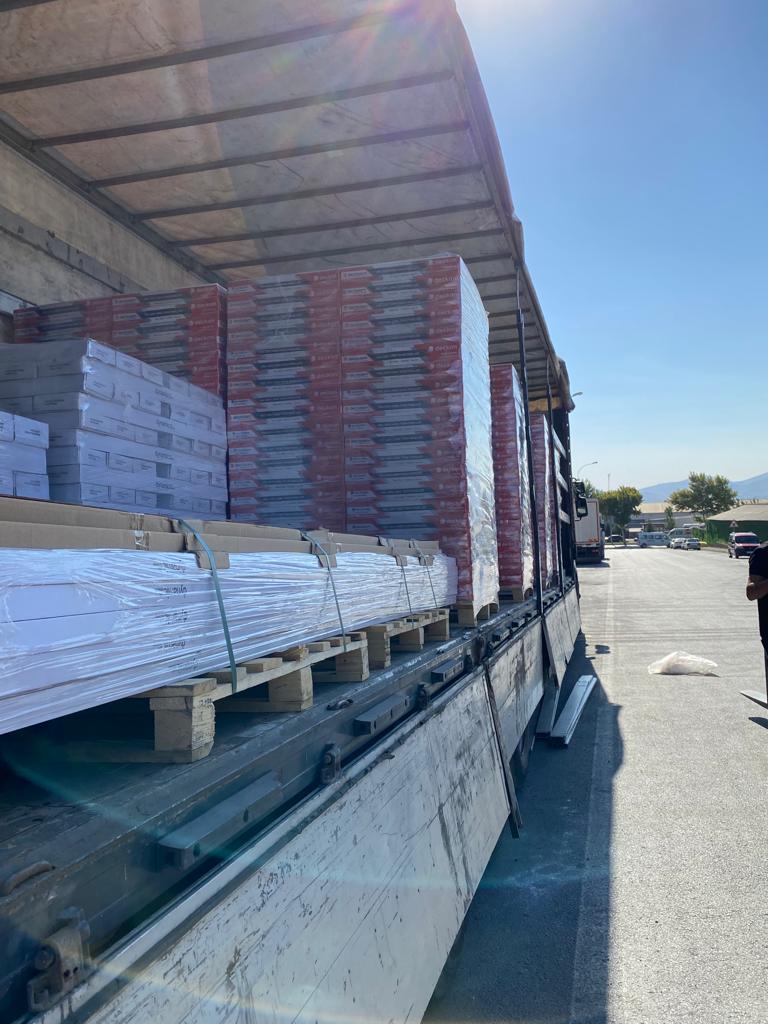İnşaat Sektöründe Yazılımın Önemi: İşbirliği ve Başarıya Giden Yol
Giriş: İnşaat sektörü, sürekli olarak büyüyen ve gelişen bir endüstri olup, karmaşık projelerin planlanması, yürütülmesi ve tamamlanmasıyla ilgilenir. Ancak, bu süreçlerin yönetimi geleneksel yöntemlerle zor ve zaman alıcı olabilir. Neyse ki, günümüzde inşaat sektöründe kullanılan yazılımlar sayesinde bu sorunlar azalmış ve daha etkili çözümler sunulmuştur. Bu blog yazısında, inşaat sektöründe yazılımın önemini ve sunduğu faydaları inceleyeceğiz. Verimlilik Artışı: Yazılım tabanlı çözümler, inşaat projelerinin yönetimini büyük ölçüde kolaylaştırır ve verimliliği artırır. Örneğin, proje yönetimi yazılımları, projenin farklı aşamalarını takip etmek, kaynakları planlamak ve zaman çizelgelerini oluşturmak için kullanılabilir. Bu sayede, proje takibi daha iyi yapılır, süreçlerin etkinliği artar ve zaman kayıpları en aza indirgenir. Ayrıca, yazılımlar sayesinde veri toplama ve raporlama süreçleri otomatikleştirilebilir, böylece ekipler daha hızlı ve doğru kararlar alabilir. İşbirliği ve İletişim: Bir inşaat projesi genellikle birçok farklı paydaşın katılımını gerektirir. Mimarlar, mühendisler, müteahhitler, tedarikçiler ve proje sahipleri arasındaki etkileşim ve işbirliği önemlidir. Yazılım, tüm paydaşların bir arada çalışmasını kolaylaştırır ve iletişimi geliştirir. Örneğin, bulut tabanlı işbirliği yazılımları, ekiplerin aynı verilere gerçek zamanlı erişim sağlamasına ve güncellemeleri anlık olarak paylaşmasına olanak tanır. Bu, iletişim hatalarını azaltır, verilerin güncelliğini sağlar ve proje paydaşları arasındaki işbirliğini artırır. Maliyet ve Kaynak Yönetimi: Yazılım tabanlı çözümler, inşaat projelerinde maliyet ve kaynak yönetimini optimize etmeye yardımcı olur. Bütçe yönetimi yazılımları, harcamaları izlemek, maliyetleri tahmin etmek ve bütçe sapmalarını belirlemek için kullanılabilir. Bu, proje sahiplerinin maliyetleri kontrol altında tutmasını ve gereksiz harcamaları önlemesini sağlar. Ayrıca, kaynak planlama yazılımları, malzeme ve ekipman envanterini yönetir, stok seviyelerini izler ve zamanında yeniden sipariş verilmesini sağlar. Böylece, israfın azaltılması ve kaynakların etkin kullanımı mümkün olur. Kalite ve Güvenlik Kontrolü: Yazılım, inşaat projelerinde kalite ve güvenlik kontrolü süreçlerini güçlendirir. Kalite yönetimi yazılımları, proje özelliklerini takip eder, kalite standartlarını belirler ve kalite kontrollerinin gerçekleştirilmesini sağlar. Güvenlik yönetimi yazılımları ise riskleri değerlendirir, önleyici önlemler alır ve güvenlik prosedürlerini uygular. Böylece, proje kalitesi artar, hataların ve güvenlik sorunlarının önlenmesi sağlanır. Sonuç: İnşaat sektöründe yazılım kullanımı, verimlilik, işbirliği, maliyet yönetimi, kalite kontrolü ve güvenlik gibi birçok alanda önemli faydalar sunar. Geleneksel yöntemlerle yapılan işlerin yerini alarak, inşaat projelerinin daha iyi yönetilmesine ve başarıya ulaşmasına yardımcı olur. Yazılım tabanlı çözümlerin sektörde yaygınlaşmasıyla birlikte, inşaat firmalarının rekabet avantajı elde etmesi ve müşteri memnuniyetini artırması da mümkün olur. Bu nedenle, inşaat sektöründe yazılımın kullanımı kaçınılmaz bir gereklilik haline gelmiştir. Kaynakça: "The Benefits of Construction Project Management Software" - Procore Technologies "How Construction Management Software Improves Communication and Collaboration" - Autodesk Construction Cloud "The Role of Software in Construction Cost Control" - Constructible by Trimble "Improving Construction Quality Control with Software" - PlanGrid "The Importance of Safety Management in Construction" - eSUB Construction Software
Continue Reading...


